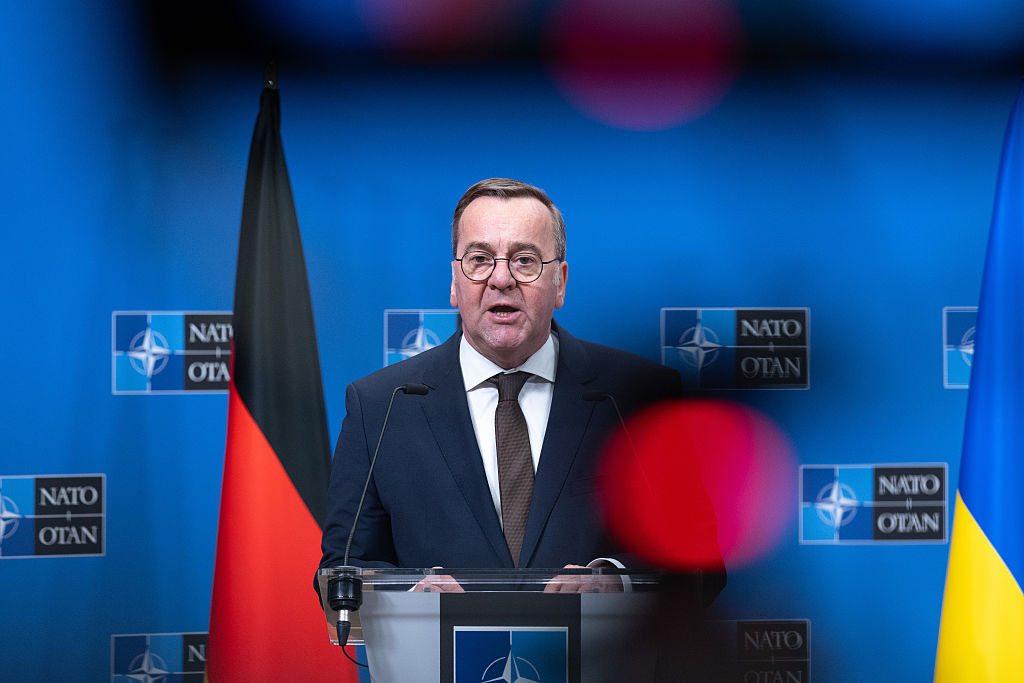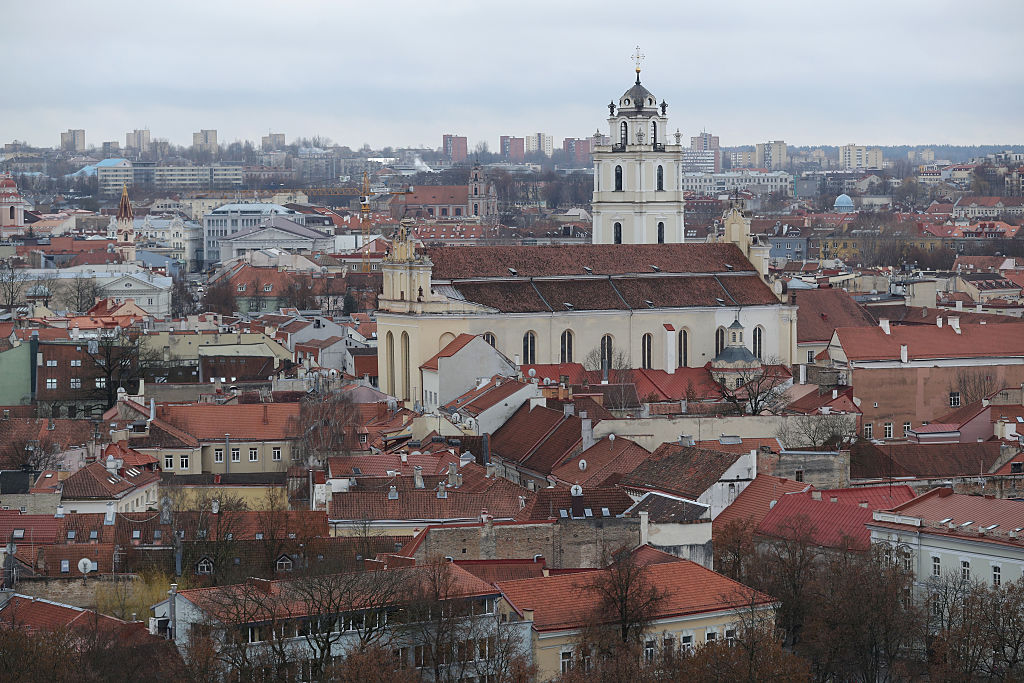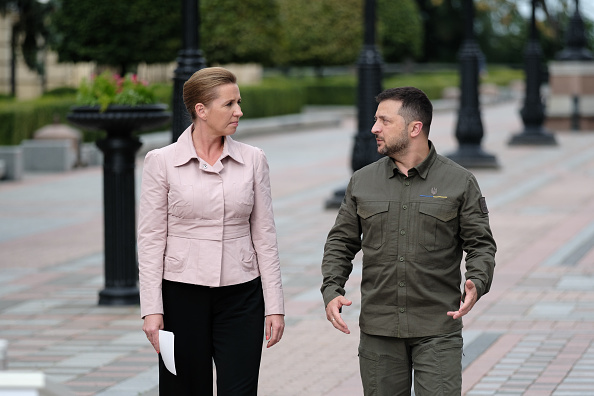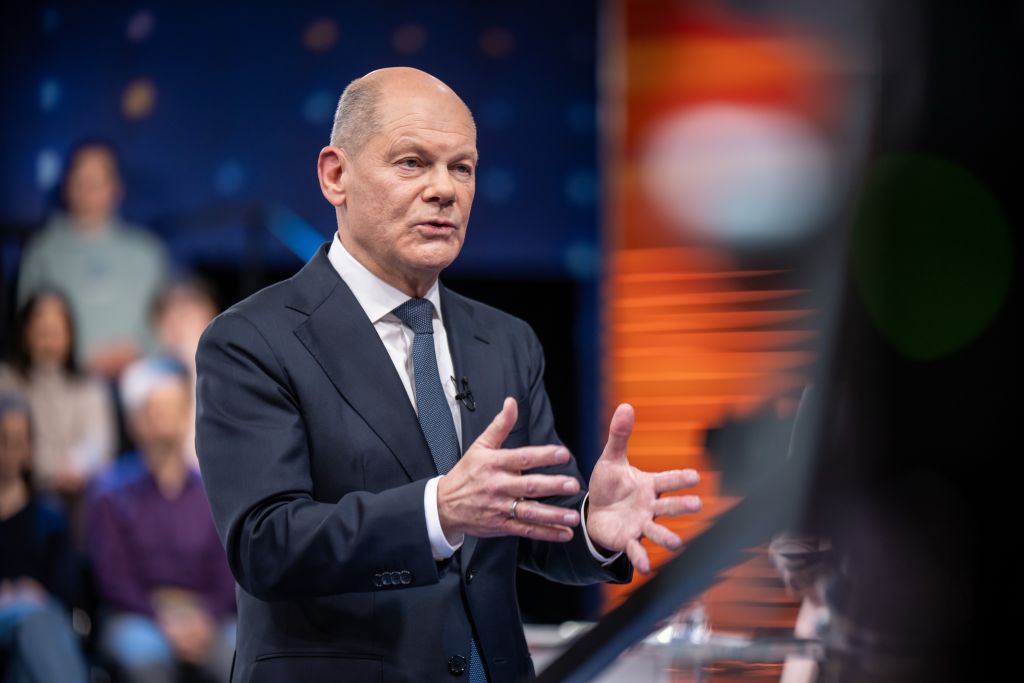Boris Pistorius, Germany’s defence minister, is considering the reintroduction of compulsory military service in a bid to meet the country’s ambitious plans to strengthen its army, just weeks after seemingly rejecting the idea.
This rethink marks a rapid U-turn from the coalition agreement signed on May 5 between the Christian Democrats (CDU) and Pistorius’ Social Democrats (SPD), which agreed the German government would “initially” stick to voluntary military service – which has been in place since Germany abandoned conscription in 2011.
However, Pistorius emphasised in a speech in the German Bundestag on May 14, this might only be a transitory phase, subject to the military finding enough volunteers.
“I am telling you consciously and honestly, the emphasis is on ‘initially’ if we cannot find enough voluntary servicemen”, the 65-year-old minister said.
He added that he would like to improve the army’s staff situation so that it was “in a sustainable position for homeland security and alliance defence”.
“Currently, there is not enough personnel for what our military has to do,” he said.
The German military currently has around 180,000 active soldiers and the government wants to increase this number to 200,000 by 2031. German Chancellor Friedrich Merz (CDU) said on May 14 that Germany aimed to have “Europe’s strongest conventional army”. He promised to create “a new, attractive voluntary military service”.
Pistorius said that the number of applicants for soldiership had recently risen, and that the army had hired 20 per cent more personnel in the first three months of 2025 than in the last quarter of 2024.
The defence minister said that all young people in Germany would receive a letter advertising military service and a form. Men would be required to complete the form but for women this would be optional.
Germany is also prepared to ramp up its defence spending. The country recently abolished its debt ceiling to increase its military spending.
On May 15, new foreign minister Johann Wadephul (CDU) told NATO foreign ministers at a meeting in Istanbul that he supported US President Donald Trump’s demand for NATO countries to increase their defence spending to five per cent of gross domestic product (GDP).
This would reportedly translate to an increase of €135 billion per year for Germany.
German Bavarian State health minister Judith Gerlach has called for war-ready hospitals amid rising military threats from Russia and NATO uncertainty. https://t.co/aQNuor1odx
— Brussels Signal (@brusselssignal) March 17, 2025





